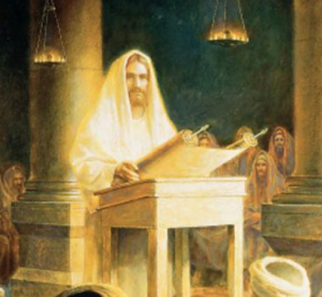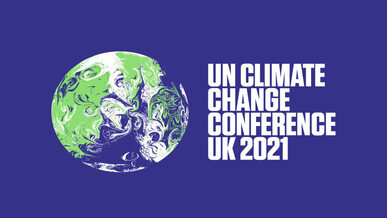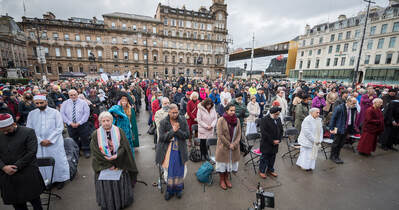
Unfortunately, these words reflect Christianity’s attitude to Judaism over the centuries – Jews were seen as bound by a legalism that Christianity had been freed from, they were in the thrall of the devil because they had not accepted Jesus as their saviour, and this was because they were spiritually blind. Tragically this negative attitude led to violent and horrific anti-Semitism over the centuries. Jews were subject to pogroms, expulsion and violence, resulting in the murder of 6 million Jews in the Nazi death camps.
Thank goodness this attitude has changed and in the Catholic church there is a much more positive attitude towards the Jews and Judaism. One of the reasons for this change of heart has been the recognition that Jesus, his mother, his disciples were all Jews and that we Christians have a familial relationship with Judaism.
It’s sometimes difficult for Christians to truly take this on board but if we are to truly know Jesus, we must know something of his context. Jesus lived in Galilee, in what is now northern Israel. It was not a backwater. It was cosmopolitan, situated on the silk road route and people living there would have encountered other cultures and beliefs so that it is possible that Jesus spoke Aramaic, Hebrew, Greek and Latin. The country was under Roman rule and the Jewish people longed for liberation. They looked forward to someone, a messiah, who would bring this about. Jesus is likely to have engaged in discussions and debates with other Jews, including Pharisees, as to how and when this might happen as he would have debated how best to live a good Jewish life. And he did all this as a faithful Jew. Jesus was born, lived and died a Jew. He never rejected or denied his religion though Christians have so underlined the importance of Jesus’ divinity and uniqueness that they have misunderstood the gospels and interpreted them as Jesus, and even God rejecting Judaism.
This is not accurate. Jesus loved his faith and lived it faithfully. He loved the Torah, which is the spiritual guidance at the heart of Judaism. In Matthew’s gospel Jesus tells his disciples that he had come, not to abolish the law, but to fulfil it. At the time there was a lot of debate among the various groups and teachers about what it meant to be a good Jew and how to keep the Law in an occupied land. Questions, such as was it lawful for a Jew to pay taxes, were not a challenge to his authority or an attempt to undermine him but the kind of dilemma facing Jews at that time.
Jesus kept the law, he ate kosher food, he was circumcised like all Jewish boys, he went to the Temple in Jerusalem, he attended the synagogue, he read the Jewish scriptures and would have prayed and even sung the psalms. He would have prayed three times a day wearing phylacteries, he would have worn fringes on his outer cloak.
He kept the Sabbath. There is an incident in the gospels when Jesus’ disciples plucked corn on the Sabbath because they were hungry and when Jesus was challenged about this he said, “the Sabbath is made for man not man for the Sabbath”. Some biblical commentaries suggest that this is a sign that in Jesus the age of keeping the law had been replaced by the age of redemption. But Jesus was not encouraging a breaking of the law because we now know that such an approach was not unknown in the Jewish tradition and that the law was to enhance life. What Jesus was doing was offering one interpretation of the law.
We know that Jesus had a deeply personal relationship with his father, calling God Abba. This is often, maybe even always, interpreted as Jesus having a more intimate and personal relationship with God than the Jews of the time who would always address God in more formal terms. This is not so – there are many examples of Jews talking to God as Abba and once again Christians have tried to make Jesus more unique than he was.
What Jesus is doing in the gospels is teaching his disciples how to be good Jews, how to live by the spirit of the law and respond from the heart. It was one way of being Jewish among others. Often conflicts in the gospels are not reflecting the time of Jesus but the times when the gospels were written and reflect tensions between the synagogue and the growing Christian community, not between Jesus and his contemporaries, including the pharisees.
Christians are followers of Jesus and live according to his understanding of faith and religion but how tragic if in doing this we interpret the scriptures in anti-Jewish ways and fail to respect the religion that Jesus loved and honour a people that Pope John Paul II described as our elder brothers and sisters in faith.




 RSS Feed
RSS Feed
